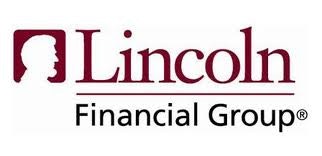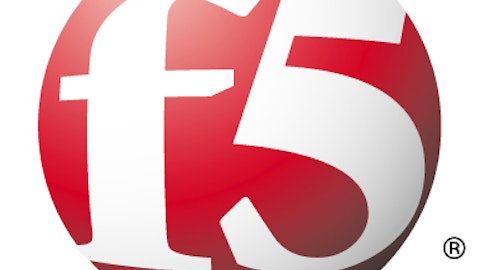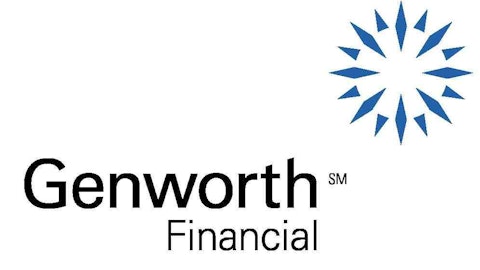I am always on the lookout for cheap companies, and one of the means of identifying “cheap” I like to use is the Graham number.
Its formula is pretty straightforward: Multiply earnings per share by book value per share, then multiply that by 22.5, and finally take the square root. As with any valuation, the Graham number only tells part of the story, and it is important to look at the story behind the numbers to see if there are underlying reasons why the company appears so cheap.
Last week, I discovered that the financials sector is among the cheapest sectors out there when it comes to the Graham number. The reasons are varied, so I will be taking a deeper look at the 27 financial companies that currently trade below their Graham valuations to see if there is real value in each company, or if there is an underlying reason why investors should avoid the stock in question. I will then make a CAPScall regarding the future performance of the company. Up next will be Lincoln National Corporation (NYSE:LNC).
Lincoln National is a diversified insurance company that offers a multitude of products almost exclusivelyin the United States, including annuities, life insurance, employer-sponsored retirement plans, and other group insurance plans. The bulk of revenues come from its various life insurance products, with nearly 44%coming from that business segment.
A look at the numbers
Compared to some other life insurers of similar size, Lincoln National Corporation (NYSE:LNC) trails only Netherlands-based AEGON N.V. (ADR) (NYSE:AEG) in upside to its Graham number:
| Company | EPS (TTM) | Book Value per Share (MRQ) | Graham Number | Recent Price | Upside |
|---|---|---|---|---|---|
| Lincoln National | $4.56 | $54.71 | $74.92 | $31.44 | 138.3% |
| AEGON N.V. (ADR) (NYSE:AEG) | $0.89 | $19.78 | $19.90 | $6.17 | 222.6% |
| Genworth Financial Inc. (NYSE:GNW) | $0.65 | $33.62 | $22.17 | $9.74 | 127.7% |
| Sun Life Financial Inc. (NYSE:SLF) | $2.64 | $24.20 | $37.91 | $27.85 | 36.1% |
| Torchmark Corporation (NYSE:TMK) | $5.41 | $45.41 | $74.35 | $57.97 | 28.3% |
Source: Yahoo! Finance and author’s calculations.
Why does a company like Lincoln National Corporation (NYSE:LNC) have nearly 140% of upside from its current price to its Graham valuation? I was unable to identify one specific news event that led the current discounted price, though various factors could be the reason. The company itself points out that it doesn’t believe its stock price reflects the current value of its underlying assets,and that interest rate worries may be making investors wary of its ability to continue to post strong results.
Others on the list could also be attractive options, even if they don’t have as much growth potential as Lincoln. Sun Life Financial Inc. (NYSE:SLF) recently expanded operations into Malaysia, giving it the opportunity to sell its products to 8 million new customers. It also boasts a dividend above 5%, making it one of the higher yielding insurers. Genworth Financial — a company I profiled last week — has been performing well this month, gaining over 20% in the past week because of positive news elsewhere in the mortgage insurance industry.
Accountability time
A stock’s valuation, regardless of the method used, only tells part of the story when evaluating a company. However, by going beyond its Graham number valuation, it is easy to see why Lincoln National might appear so “cheap” at its current price. It is still feeling the effects of the financial crisis, but it has started to recover this year and should continue to do so. Therefore, I will be giving the company a “thumbs up” over on my CAPS page in order to track this call and keep myself accountable.
The article This Insurer Is Cheap According to Ben Graham originally appeared on Fool.com and is written by Robert Eberhard.
Fool contributor Robert Eberhard has no position in any stocks mentioned. The Motley Fool recommends American International Group. The Motley Fool owns shares of American International Group and has the following options: Long Jan 2014 $25 Calls on American International Group.
Copyright © 1995 – 2013 The Motley Fool, LLC. All rights reserved. The Motley Fool has a disclosure policy.




